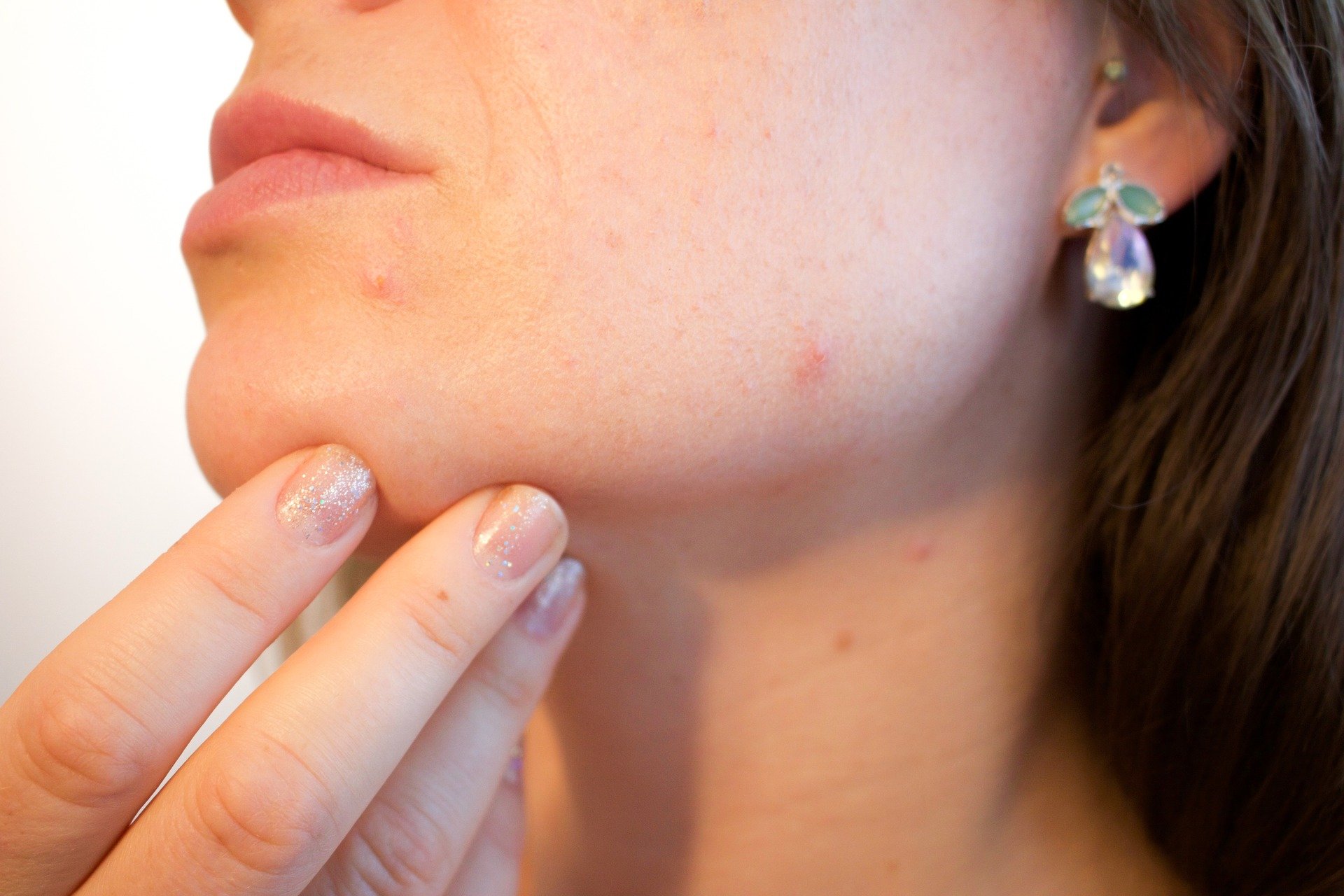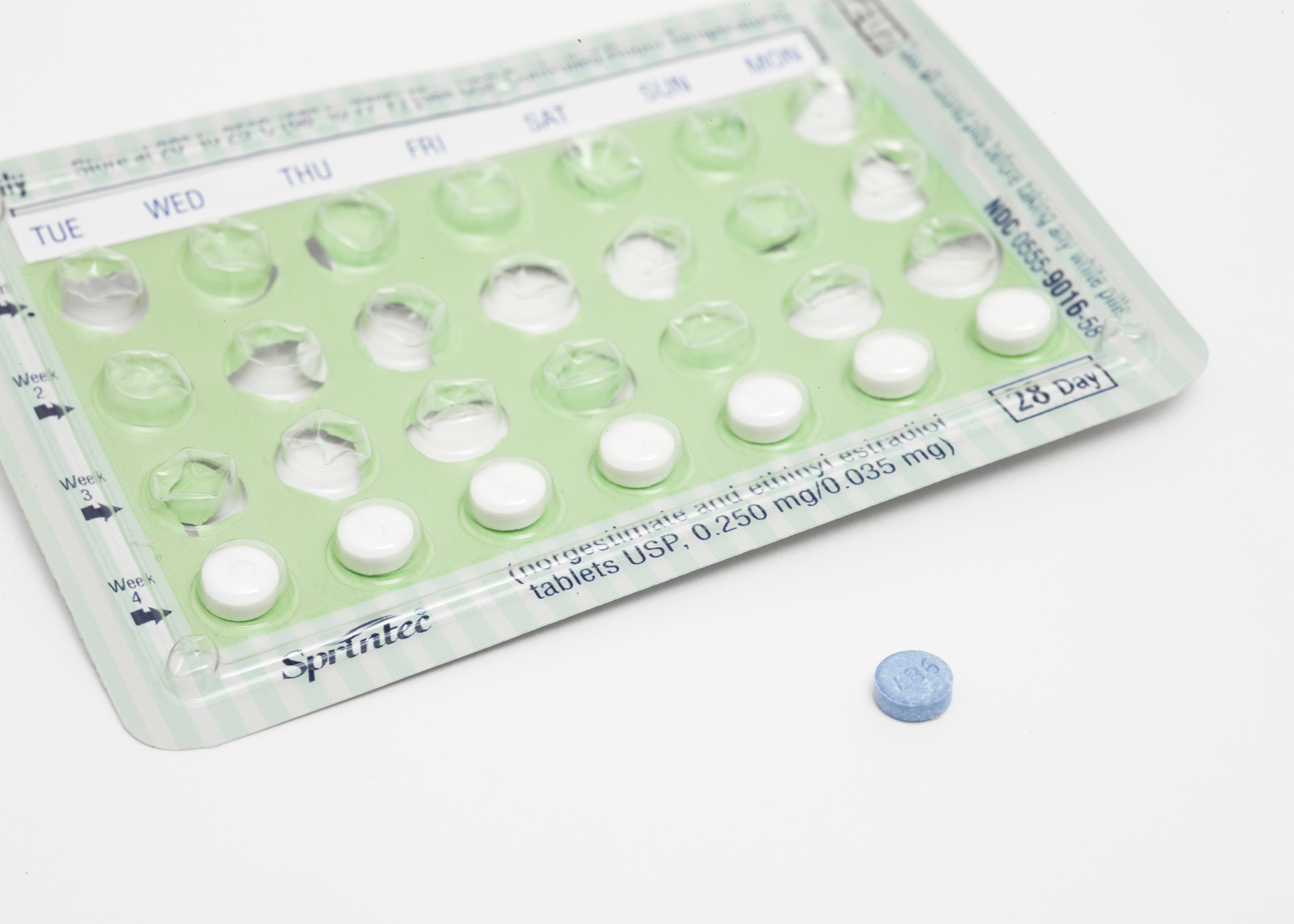What Does A High DHEA-s In a Female Mean?
In this article we want to answer the question, what does a high DHEA sulfate in a female mean? This can come up on labs in a lot of females with PCOS. This leaves many with PCOS asking what does this mean and what can I do. High DHEA-s is not necessarily dangerous in and of itself but it can help us understand what could be going on in your body and more importantly why. There are additional lab studies to look at and we will discuss those as well. We will look at the things that stimulate DHEA sulfate (DHEA-s) to be produced and also how it is being broken down. With this information we can triangulate what could be going on in your body to produce this level, especially if it's very consistently like that.
So if this interests you, keep reading. We are going to discuss the details.
High DHEA Sulfate In A Female Meaning
When this shows up on your lab values you might ask what does this tell me, what is going on in your body, and should I be worried?
Hormones work in a feedback loops and each one a has separate (but in some cases intermingled) feedback loops. As such, we can look at each hormone as a separate system. DHEA is no different in this way. So we want to look at how the substance is being produced and entering into the system. We also want to look at how the the substance is being eliminated from the system. The main source of the DHEA is from the adrenal glands. It is the innermost part of the adrenal glands that produce the DHEA. The stimulus for the DHEA to be produced mainly that comes from a hormone called ACTH. The ACTH it comes from the pituitary gland and it stimulates the adrenal glands mostly to produce glucocorticoids. The ACTH is being stimulated when there's a fight or flight response, like when you are in a car accident or someone is chasing you. This causes more ACTH production which stimulates the adrenal glands to produce cortisol. Along with that, the innermost part of the adrenal glands are going to be stimulated and you get increased production of DHEA.
Is Stress and Cortisol Causing High DHEA-s?
Outside of the fight or flight response there is always some background production of the ACTH and therefore cortisol and DHEA. So what we want to look at is, what is above normal and what is above this baseline. This can be a cause for increased DHEA. We can evaluate this by looking at cortisol levels.
When we look at cortisol levels there are a few different ways to do that. The morning or AM cortisol is a good option. However when that is seemingly not reflective of what going on, you can also do a twenty four hour cortisol to evaluate this. So a spot check in your am cortisol levels may show normal. When you look at the total load over a twenty four hour period, it may show above normal levels. Those are two ways that we typically use but there is also salivary cortisol, but we don't use that one as much. So the question when you have high DHEA sulfate is, do you also have high cortisol?
When you measure your cortisol you might want to do it several times and look at different angles, if it's not correlating with the high DHEA -s. The cortisol and high stress I know for sure can cause elevated DHEA-s levels . What happens if you actually don't have high cortisol after several tests and everything looks normal? Then we want to look at what could be going on with the breakdown of your DHEA sulfate.

High DHEA-s From Insulin Resistance
DHEA sulfate is turned into androstenedione and then testosterone. There are some alternative pathways for DHEA-s. It could be turned into estrogen as well. All DHEA-s breakdown pathways are dependent on one enzyme. That enzyme is called 3 beta-hydroxysteroid dehydrogenase. This enzyme makes the conversion fairly readily, however it is dependent on a few different things. If there is a high amount of androgen receptor and estrogen receptor activity, then this enzyme can be down regulated. So if you have high testosterone or high estrogen, you may get a down regulation in this enzyme. This results in raising the DHEA sulfate or not allowing it to be converted through its normal path. The other thing that regulates 3 beta-hydroxysteroid dehydrogenase is the cofactor NAD.
Your body is always trying to keep a relatively higher amount of NAD to NADH. When the ratio flips and you have more NADH, it slows down the overall metabolism. Low NAD is common in people with diabetes. Your body is always in flux but people with insulin resistance and diabetes typically have low NAD. Those with PCOS often have insulin resistance, sometimes pre-diabetes, and diabetes. So if you have PCOS and insulin resistance, this is potentially a reason for DHEA sulfate being high in some women. This could be a signal that you have poor breakdown or poor conversion of your DHEA sulfate into the requisite other hormones.
In this case, we would expect to possibly see a lower testosterone level too but it could go either way. If it seems like more of the issue is with NAD, you would should look closely at insulin and diabetes markers. The part about low NAD is a little bit of theory. NAD is the cofactor. However, it is not clear how low NAD would have to be in order to slow the enzyme down. We do know that there is low NAD with insulin resistance. With this the ratio between NAD to NADH is low. This is partially why they don't breakdown carbohydrates as efficiently. Similarly in PCOS the NAD is low. Because cofactors are needed for enzymes to work, lower NAD cofactor for the 3 beta-hydroxysteroid dehydrogenase means high DHEA-s.
The last thing to mention about this is you have to make sure you're looking at the DHEA sulfate. You can also measure regular DHEA without the sulfate. It's a different molecule and there would be different reasons for that to be elevated. DHEA is converted into DHEA sulfate via a different enzyme and there could be problems with that enzyme as well.
That should give you a better understanding of what a high DHEA-s in women means and what could be going on in your body to cause this. If you have a specific question or follow-up question about this drop it in the comment section. For helping discovering the cause of your high DHEA-s, other hormonal imbalance, and managing your PCOS, click on the link below to get started.
https://academic.oup.com/edrv/article/26/4/525/2355189



















